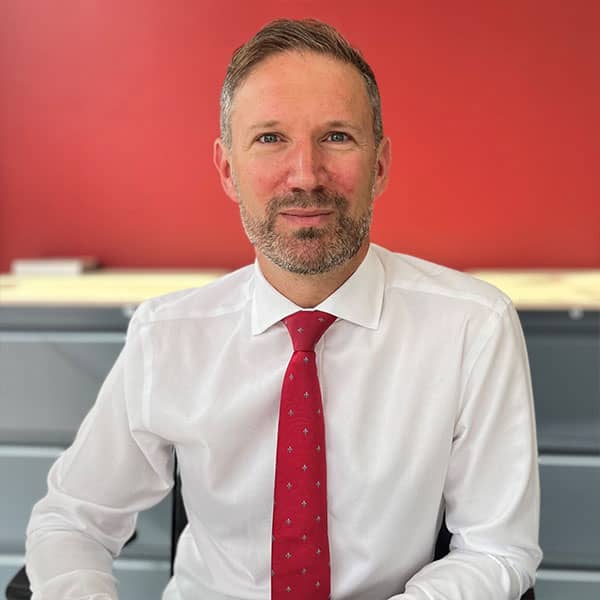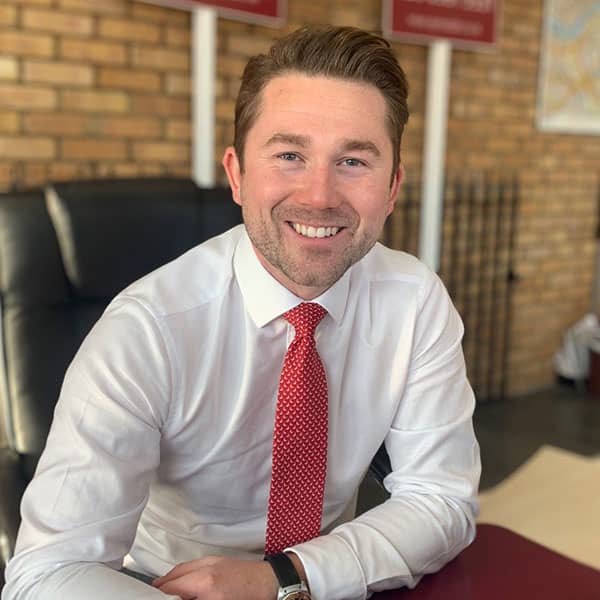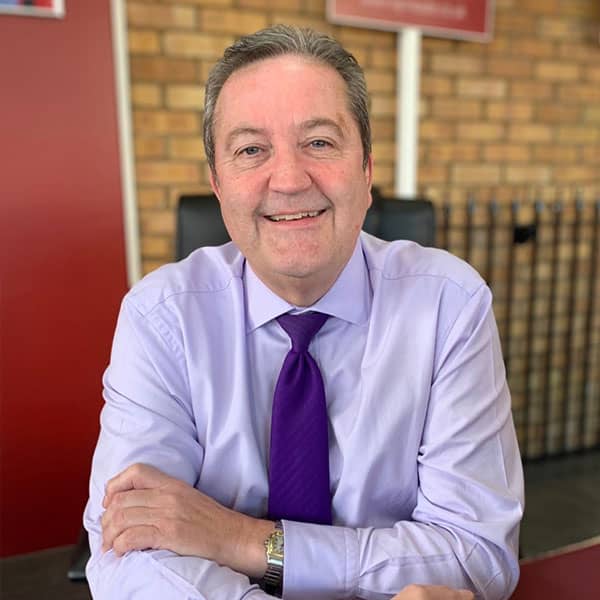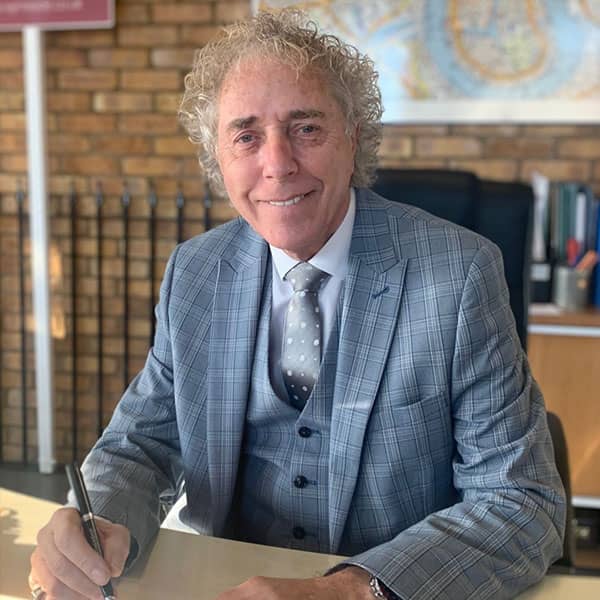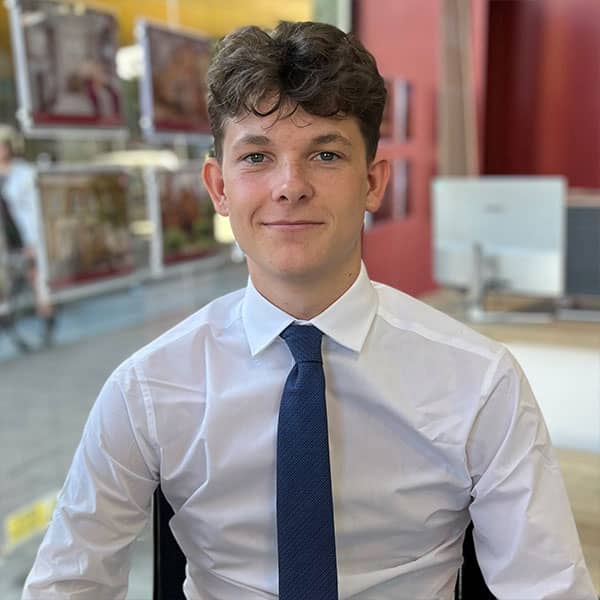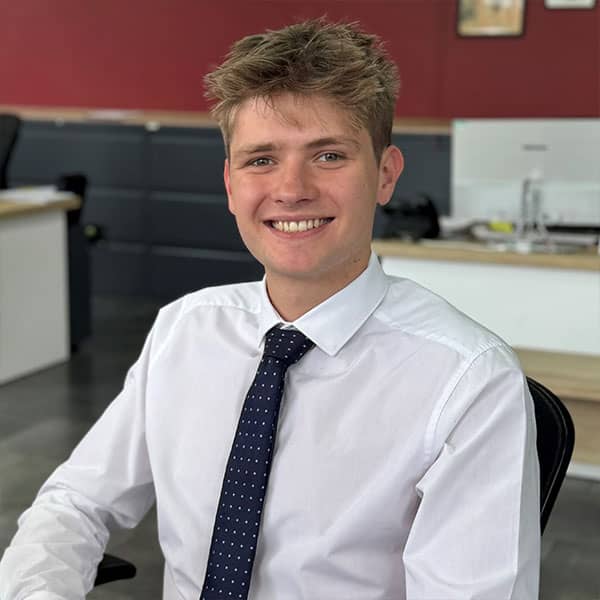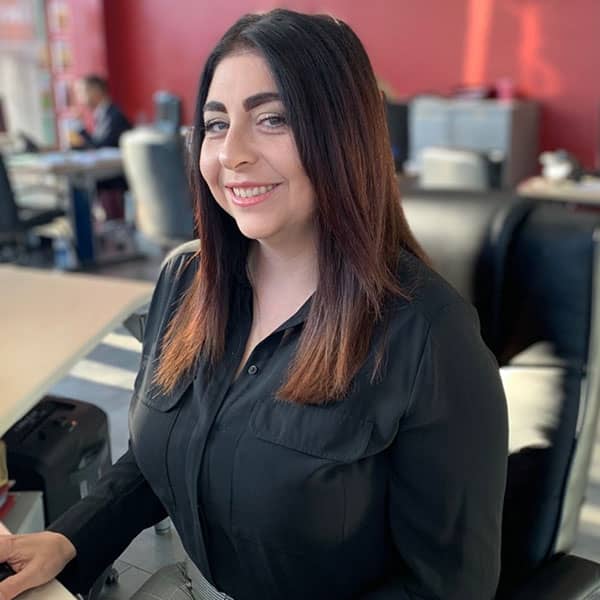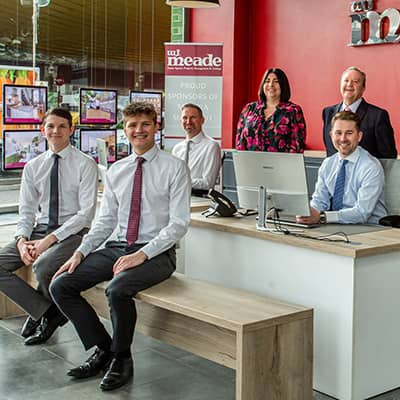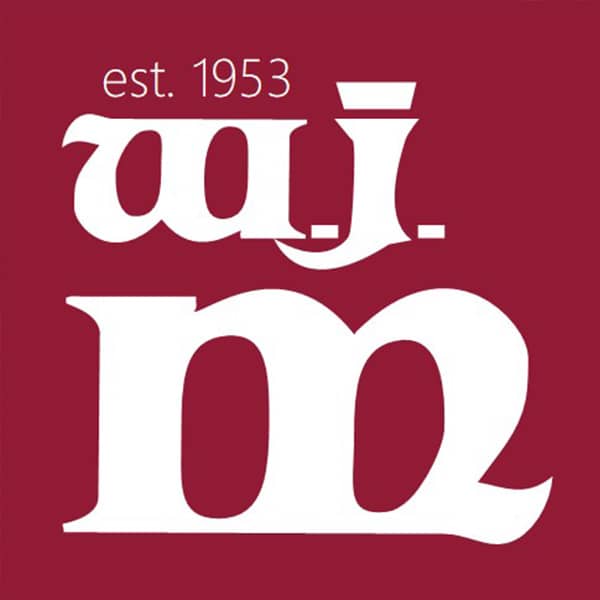Whether you are a first-time buyer, looking to move up the property ladder or looking to buy an investment property, when are looking to purchase a property, there are several things you need to consider or plan before doing so. Before you begin your property search, we always advise (you) to have an idea in mind on (of) what you are looking to purchase. Some key questions to ask yourself are…
- What can you afford?
- Where do you want to live?
- What sort of property are you looking for?
- Are there any additional requirements?
Having answers to these questions will help you when you begin speaking to an agent as they will be able to help filter out and shortlist properties for you based on your requirements and budget. To present yourself as a serious buyer, it is also beneficial to have your ‘Mortgage in Principle’ in place, as well as being able to show your proof of deposit.
There are many stages of purchasing a property which we have summarised in 11 steps and also detailed some additional information below to assist you.
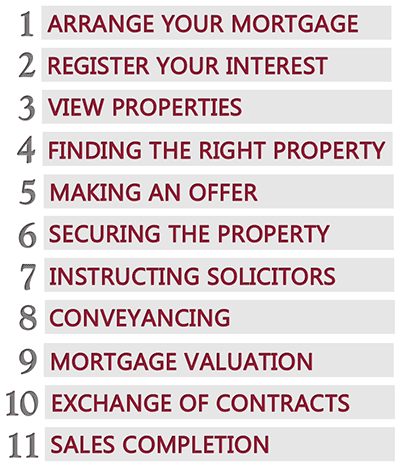
How much deposit do I need to buy a house?
Unless you are fortunate enough to be a full cash buyer, you will need a deposit to be able to buy a property with a mortgage. Generally, you require at least 5% of the price of the house you want to buy. Therefore, if you want to buy a home for sale at £400,000, you will need savings of at least £20,000 (5%). The more you can save to put down as your deposit, will result in better mortgage rates being available to you.
Budget for other costs of buying a home
Aside from your monthly mortgage payments, there are a variety of other costs when buying a home. These include (but are not extensive to):
• Survey costs
• Solicitors fees
• Removal costs
• Buildings insurance* this may be included in you (your) service charge if you are buying a leasehold property
• Furnishing and decorating costs (upon moving in)
• Mortgage administration fees
• Stamp duty
Remember First time buyers will pay no Stamp Duty on the first £300,000 for properties worth up to £500,000!
Shared Ownership – If you are struggling to afford purchasing a whole property, the shared ownership scheme is where you buy a share of a home from the landlord (usually the council or a housing association), and then you pay a reduced rent on the share you do not own. You will need a mortgage to pay for your share, which can be between 25% - 75% of the home’s full value. At a later stage you can choose to buy a bigger share in the property up to 100% of its value. Click here to visit their website
Mortgage Advice / Application Process
It is important to work out what you can afford, remember if you struggle to keep up the monthly repayments; the lender can repossess your home and sell it so that they can get their money back. Before a mortgage is granted, lenders will want to see proof of your income and if you have any debts, to check that you can afford the mortgage payments. If they don’t think you will be able to afford it, they might refuse to grant your mortgage.
You also need to work out how much money you can borrow for your mortgage. When you apply for a mortgage, the lender will cap the loan-to-income ratio at five times your income. They will also assess what level of monthly payments you can afford by doing an affordability assessment. As an estimate, if you earn £50,000 a year, you could potentially borrow up to £202,500, but remember the lender will also factor in your monthly bills and outgoings.
There are a variety of ways to apply for a mortgage; from a bank, building society, or use a mortgage broker to advise on different mortgages available on the market. At W J Meade, we have a special partnership with Robert Sterling Financial Services. We have a dedicated mortgage advisor, always at hand to offer you the latest advice and able to find the perfect mortgage just for you. Click here to visit their website.
Freehold or Leasehold?
If you are buying a house, it is likely you will buy the freehold, meaning you own the property and the land it sits within. If you are buying a flat, you will be buying leasehold, or buying into a share of the freehold. The biggest difference between freehold and leasehold is that with leasehold you will have to pay ground rent, services charges or other landlord charges. If you buy (a) leasehold, you need to check how many years are left on the lease and the costs of the ground rent or service charges. If the lease is for less than 70 years, you could struggle obtaining (to obtain) a mortgage. You can ask the landlord to extend the lease at any time (after having owned the property for two years), but there will be a cost for doing this and that will depend on the property.
Meet our Sales Team below. Click on their picture to see their staff profile!

